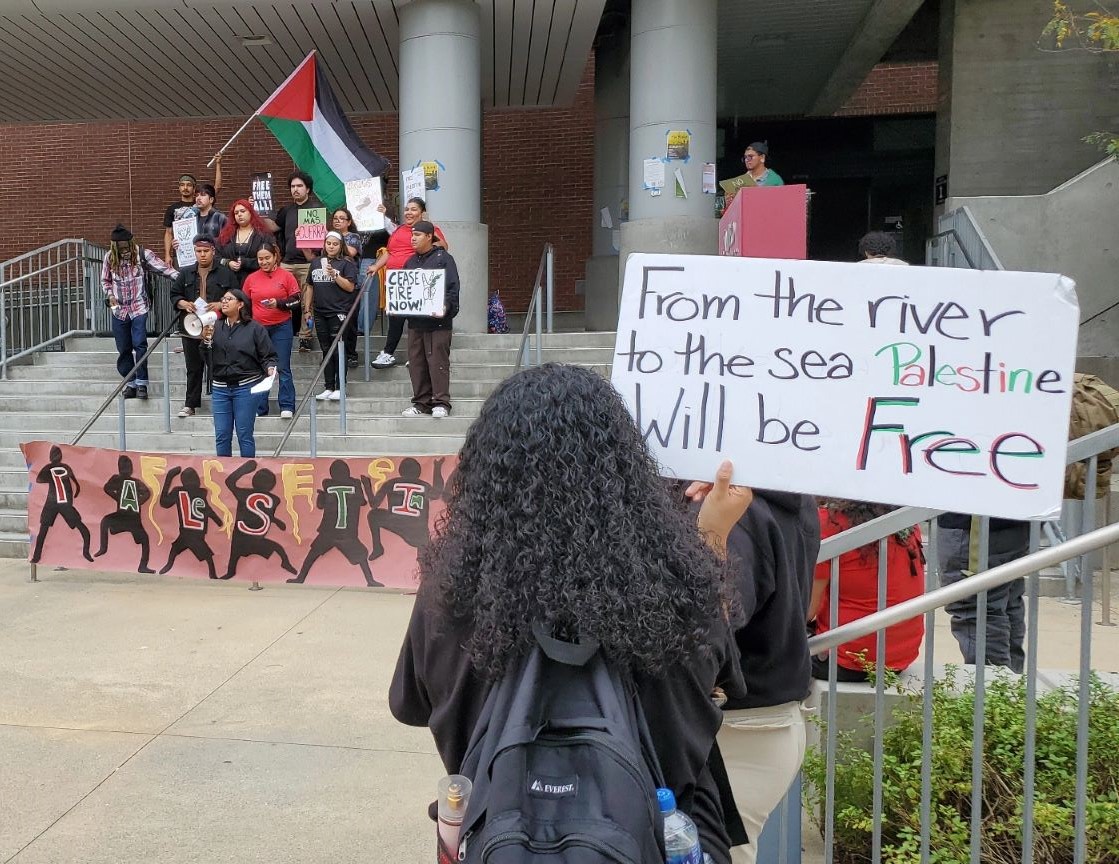Afghanistan, Iraq, Pakistan, Yemen and other Middle Eastern nations have all been trampled for years by foreign interests in hopes of eradicating al-Qaida. Yet now, we find ourselves, yet again, debating as a nation whether or not to send high value weapons to the Islamic rebel forces in Syria consisting mainly of al-Qaida.
The American people are quite weary of entering another war with, yet again, no exact light at the end of the tunnel. The death toll of the Syrian civil war has now reached an upward estimated 100,000 victims. However, this toll was already upwards to 98,000 before the chemical attacks even happened.
Many conflict-able accounts and reports had surfaced from mainstream international news sources when this tragedy first occured. Some say that the culprit was Assad’s regime, while others state that it was the work of Islamist rebels.
Assad has now announced interest in joining the international chemical weapons ban. In the meantime, UN investigators have stated that they expect to complete their report within the next few days after having examined the detonation sites in Damascus over the past few days.
On Tuesday, September 10th, Obama shared his desire to find diplomatic solutions, aside from his threat of a military stirke:
“Over the last few days, we’ve seen some encouraging signs in part because of the credible threat of US military action, as well as constructive talks I’ve had with President Putin, the Russian government has indicated willingness to join with the international community in pushing Assad to give up his chemical weapons.
The Assad regime has now admitted that they have these weapons, and even said they joined the chemical weapons convention, which prohibits their use. It’s too early to tell whether this offer will succeed.
But this initiative has the potential to remove the threat of chemical weapons without the use of force, particularly because Russia is one of Assad’s strongest allies. I have therefore asked leaders of Congress to postpone a vote to authorize the use of force while we pursue this diplomatic path.”
On Wednesday, September 11th, the NY Times published an Op-Ed contribution from Russian President Vladimir Putin. In the article, Putin responded to the American people regarding the search for diplomatic solutions.
“My working and personal relationship with President Obama is marked by growing trust. I appreciate this,” said Vladimir Putin in his NY Times Op-Ed contribute titled “A Plea for Caution from Russia.”
“I welcome the president’s interest in continuing the dialogue with Russia on Syria,” says Putin. “We must work together to keep this hope alive, as we agreed to at the Group of 8 meeting in Lough Erne in Northern Ireland in June, and steer the discussion back toward negotiations.”
“If we can avoid force against Syria, this will improve the atmosphere in international affairs and strengthen mutual trust,” Putin continued. “It will be our shared success and open the door to cooperation on other critical issues.”
Indeed, it is much too early to tell whether these diplomatic discussions will subdue the threat of chemical warfare. Even if diplomacy fails, it is quite unlikely that Americans will be ready for another decade of war in the Middle East. America’s days of policing the globe may be reaching its end.








